Companies with greater gender equality perform better in terms of innovation and are more competitive
The Impact of Women on Industrial Competitiveness study has shown that companies that give more importance to equality perform better in terms of technological innovation and are more competitive. The compiled data indicates that as gender equality increases in companies, so does R&D&I intensity; the performance is better in terms of billing, employment and internationalisation, with a strong positive correlation between the variables.
As part of the Women in Industry initiative, SPRI – Basque Business Development Agency has produced a methodology aimed at understanding the relationship between gender equality and industrial competitiveness in the manufacturing sector. The methodology has been tested in the Basque Country, where industry accounts for close to 40% of the GDP if the ancillary services are taken into account. However, women only represent 21% of employment in industry. The results shows that the higher the equality level of companies, the more competitive they are. The full results of the study of the Basque case are now available through this link:
Thus, the companies that give less importance to equality among those studied are also seen to invest less in R&D& than the more egalitarian ones. In fact, 65.3% of the less egalitarian companies did not even invest in R&D&I in 2021.
Moreover, companies that give more importance to equality have, to a larger extent, departments focused exclusively on R&D&I, along with greater participation in international, national or regional projects in this field.
Furthermore, the study also emphasises that companies with higher levels of equality are more competitive. The data likewise highlight that more egalitarian companies perform better in terms of turnover and employment, R&D&I and Internationalisation. In turn, more competitive companies are also seen to have higher levels of gender equality, after analysing the horizontal and vertical segregation, work-life balance measures and the gender policies of the companies.
Therefore, women’s participation on an equal footing in the company is shown to be one of the factors contributing to competitiveness.
Related news
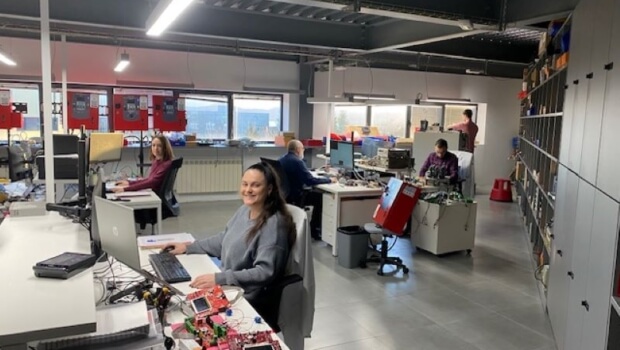
SVE stands out for the gender equality in its top management
The company, based in the Álava Technology Park, is one of the participants in a project to pinpoint best practices in gender equality led by the SPRI Group

Engranajes Juaristi stands out for the gender equality in its top management
The company in Zarautz is one of the participants in a project to pinpoint best practices in gender equality led by the SPRI Group
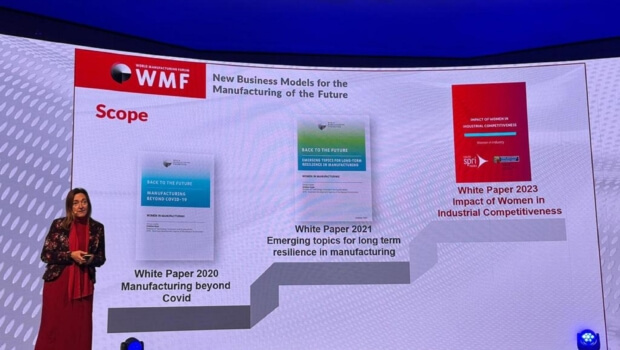
SPRI presents the results of the study on the impact of women on industrial competitiveness at the World Manufacturing Forum
The reports is the continuation of the work carried out by the SPRI Group and the Foreign Network office in Milan since 2020 as leader of the Women in Manufacturing expert group.
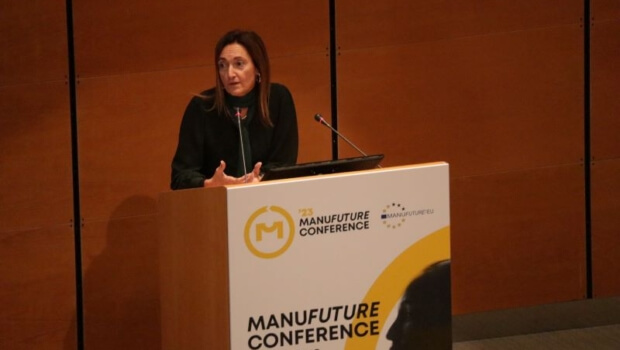
Europako fabrikazio-ikerketaren etorkizuna
Donostian, egunotan, MANUFUTURE Conference 2023 egiten ari da, hau da, fabrikazio-industriaren etorkizunari buruzko Europako konferentzia.
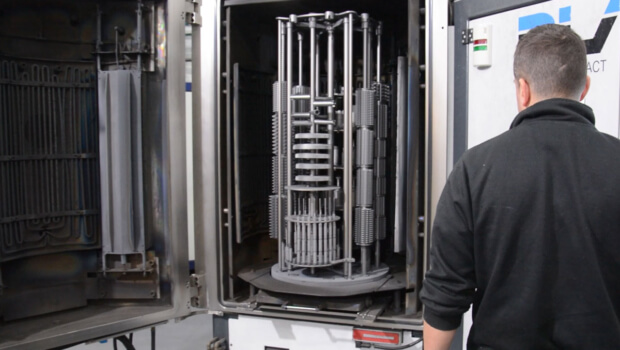
Get to know the assets of the BDIH: 5-axis multi-process milling cell, capable of very high speed operations
The University of the Basque Country offers Basque companies, via the BDIH, the possibility to have at their disposal a 5-axis multi-process milling cell, capable of very high-speed operations.

Get to know the assets of the BDIH: Inspection/measurement robotic cell using non-destructive techniques
Tekniker gives the opportunity to Basque companies, by means of the BDIH, of having at their disposal a cell which permits to carry out analysis for the quality control and the non-destructive inspection of pieces.

Get to know the assets of the BDIH: Equipment/Techniques/Methodologies for the study and evaluation of corrosion
Cidetec offers Basque companies, through the BDIH, the possibility of testing their materials with in the order to know their corrosive capacity. For this purpose, the asset uses accelerated and cupro-acetic corrosión climatic chambers, as well as electrochemical and localized techniques for the corrosion studies.
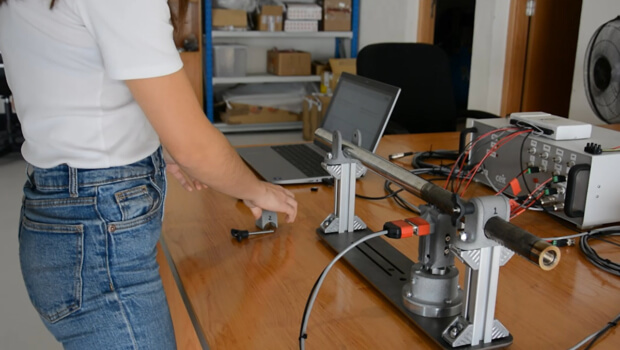
Get to know the assets of the BDIH: Systems for mechanical properties and microstructure determination by magnetic non-destructive measurements
CEIT offers companies, through the BDIH, the possibility of access to quality control systems to detect failures or inspect subsurface processes in a non-destructive manner, allowing costs to be reduced and avoiding wasting parts that could be sold

The Enterprise Europe Network offers Basque companies advice on technological development and the international commercialization of innovative products and services
The Enterprise Europe Network (EEN) has established itself as the perfect public sector tool to complement the efforts of Basque companies in internationalizing their R&D&i and their business in general. Through its advisory and assistance service in the transfer of knowledge, technology and innovation, more and more SMEs are seeing...
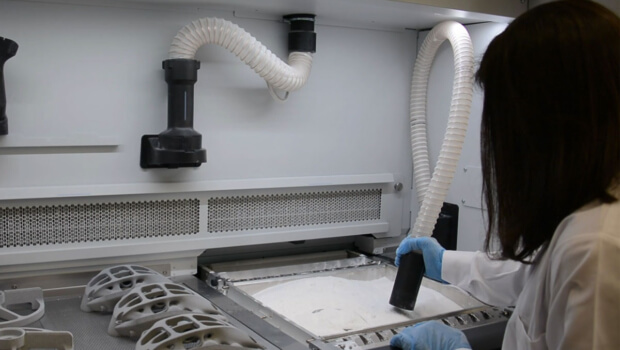
Get to know the assets of the BIDH: PVD pilot line coating facilities for industrial components of Tekniker
Tekniker offers Basque companies, via the BIDH, the possibility of developing by means of PVD technologies coatings for plastic and mechanical components as well as solar collectors with different properties depending on its industrial application.

